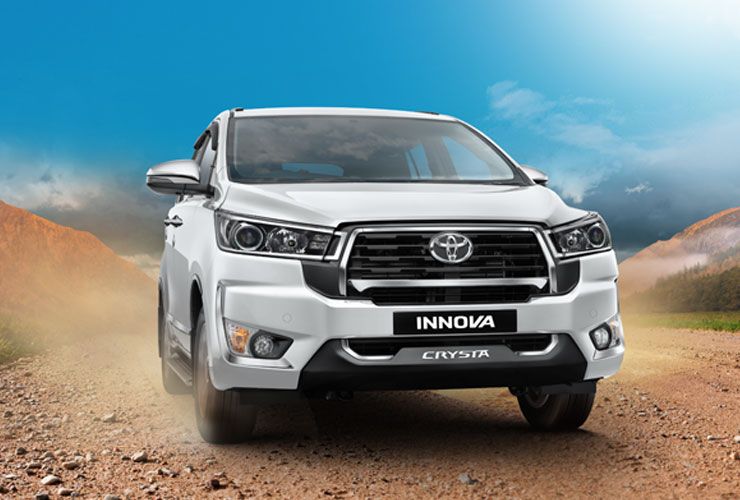Kia India's First Electric Taxi's Price Announced


Kia has officially entered the commercial electric vehicle market in India with the launch of the Carens Clavis EV HTM (High Technology Mobility) variant. Priced at ₹18.20 lakh (ex-showroom), this model is specifically targeted at fleet operators and marks Kia’s first dedicated attempt to offer a purpose-built electric taxi for the Indian market.

The Carens Clavis EV HTM is based on the HTK+ variant but carries a ₹20,000 premium. In return, it includes specific modifications catering to fleet operations, such as GPS tracking for real-time vehicle monitoring, a speed governor set at 80 km/h to comply with taxi regulations, and a cabin designed for durability over luxury. The seven-seater layout remains unchanged, ensuring continued appeal for ride-share operators and long-distance commercial use.
Under the hood, the vehicle features a 42 kWh lithium-ion battery pack that delivers a claimed MIDC-certified range of 404 km. The electric motor generates 99kW (133hp) of power and 255Nm of torque, offering sufficient performance for urban and suburban applications without requiring mid-shift charging for most fleet routines.
Charging capabilities are a crucial part of the fleet equation. Kia claims access to over 11,000 public chargers via its K-Charge platform, along with DC fast-charging support at more than 100 dealerships. A 100kW fast charger can reportedly bring the battery from 10 to 80 percent in 39 minutes, addressing concerns about downtime.

Inside, the HTM variant features a black and beige dual-tone cabin with fabric and semi-leatherette upholstery, materials chosen for ease of maintenance and wear resistance. Second-row seats offer sliding and reclining functions, supporting passenger comfort during long rides. The tech package includes dual 12.25-inch screens - one for instrumentation and another for infotainment - alongside five USB Type-C ports for device charging.
Safety equipment matches current segment standards. Six airbags, all-wheel disc brakes, ABS, Vehicle Stability Management, ISOFIX mounts, rollover sensors, and speed- and impact-sensing door locks are part of the package. These additions ensure the vehicle meets both safety norms and customer expectations.
Economic viability is a central driver of electric taxi adoption. According to Kia's estimates, operators logging 75,000 km annually could save nearly ₹4 lakh compared to diesel alternatives purely on fuel costs. Combined with lower servicing needs typical of EVs, the financial case for switching becomes stronger, especially in metro areas where fuel prices are high and emissions regulations are tighter.

Kia’s entry comes at a time when electric commercial mobility is beginning to gain traction in India. The segment is currently dominated by diesel-powered models like the Toyota Innova Crysta, which starts at ₹19.99 lakh for the GX variant. While the Innova offers proven reliability, its fuel type and higher emissions make it increasingly less attractive in cities facing tighter environmental norms.
Meanwhile, newer electric MPVs like the BYD e6 and eMAX 7 offer better range and premium interiors but cost significantly more, making the Kia HTM a mid-point option between entry-level EVs like the Tata X-Pres T and high-end alternatives.

The timing also works in Kia’s favour. Several state policies offer incentives for EV adoption, particularly in the commercial segment. Restrictions on older diesel cabs in cities such as Delhi, Mumbai, and Bengaluru further push operators towards cleaner alternatives. The recent closure of BluSmart, one of India’s most prominent EV fleet operators, has also created a void that brands like Kia are keen to fill.
Despite a 400+ km official range, real-world usage with varying passenger loads, air conditioning, and traffic conditions could result in shorter effective distances. That makes access to dependable charging infrastructure essential. Kia’s push for better charger coverage, including dealership-based fast chargers, could prove critical in ensuring consistent service availability.
Kia is also backing the HTM launch with fleet-focused after-sales support, including extended service hours and quicker parts access. These are important factors for commercial operators who cannot afford prolonged vehicle downtimes.